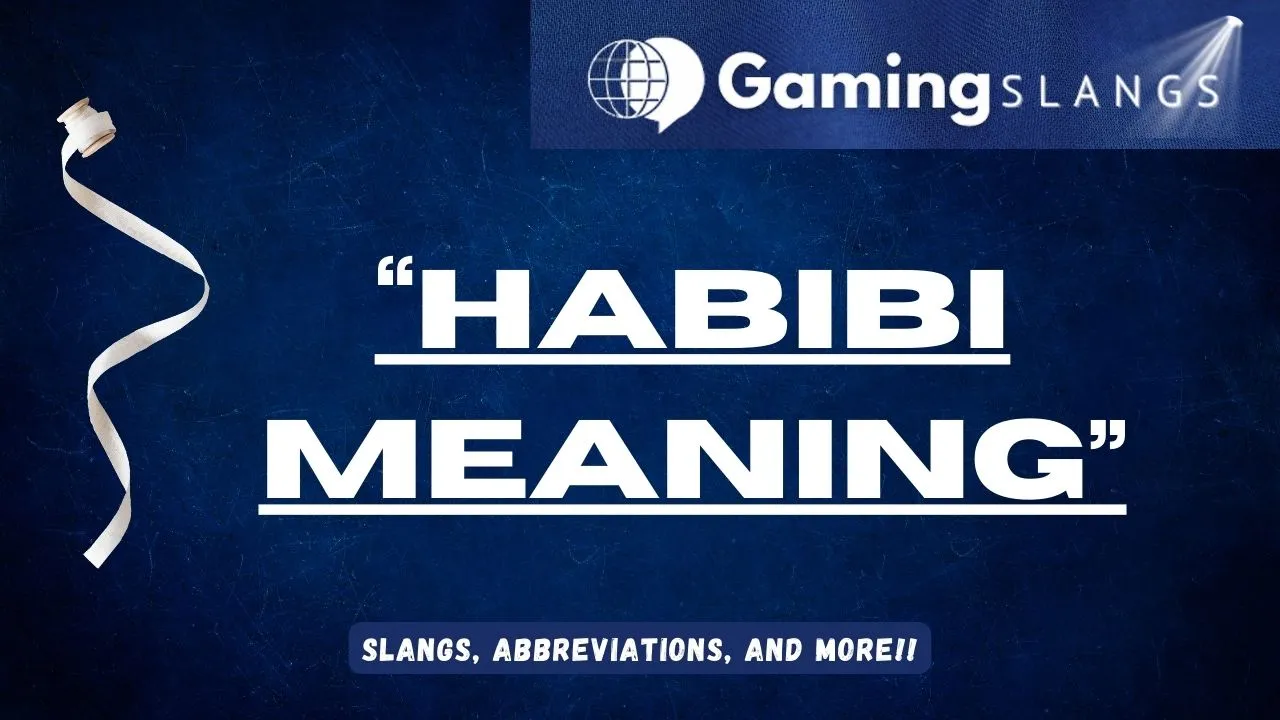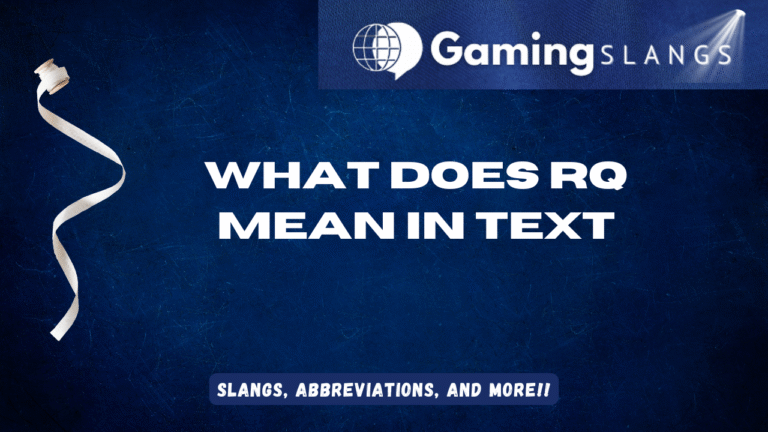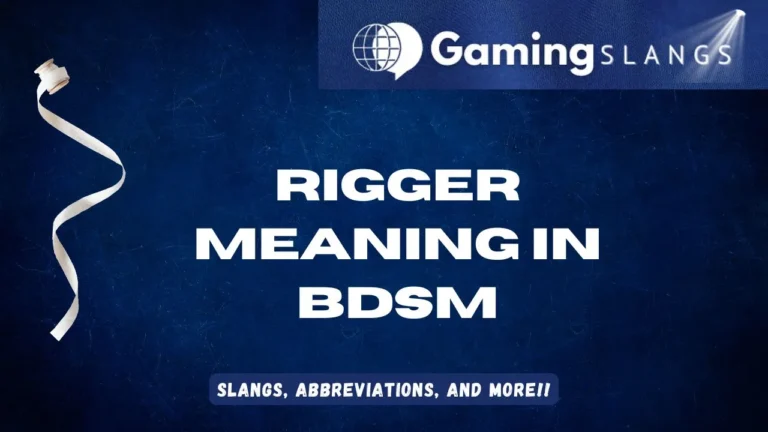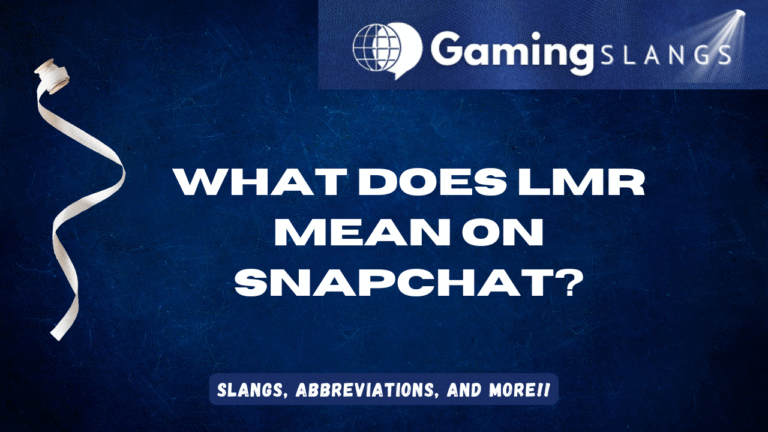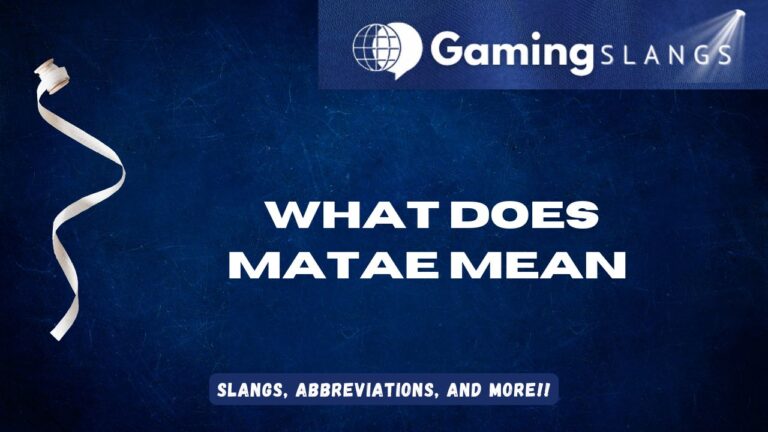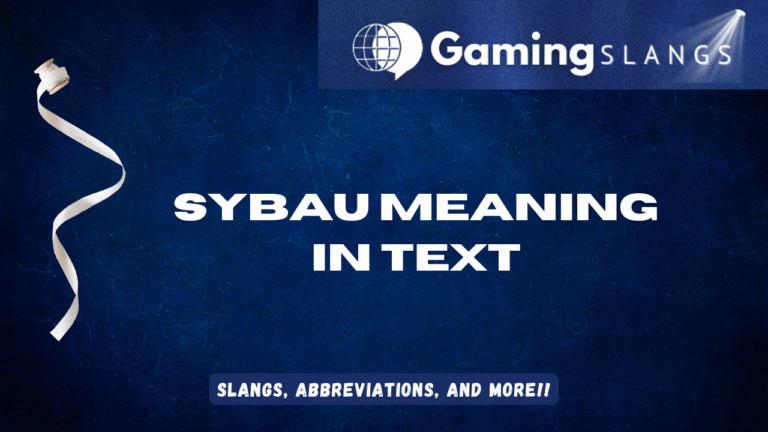Habibi is an Arabic word that is used to address any person with love. It’s a form of expression used by a lot of people in Arab and around the world.
Habibi means my love, or “my beloved,” and is often used to show affection or endearment towards friends, family, or loved ones.
It’s a versatile term that can be used casually among close friends or more intimately in romantic relationships.
This has gained global popularity, especially through music, movies, and social media, becoming a cultural expression recognized worldwide.
Habibi Meaning: What are its Origins?
The word “Habibi” originates from the Arabic language, where it is derived from the root word “hubb” (حب), meaning love or affection.
- Linguistic Meaning: “Habibi” translates directly to “my beloved” or “my dear” and is formed by adding the possessive suffix -i to “habib” (beloved).
- Contextual Meaning: It serves as an expression of endearment, used to address someone with warmth, affection, or closeness.
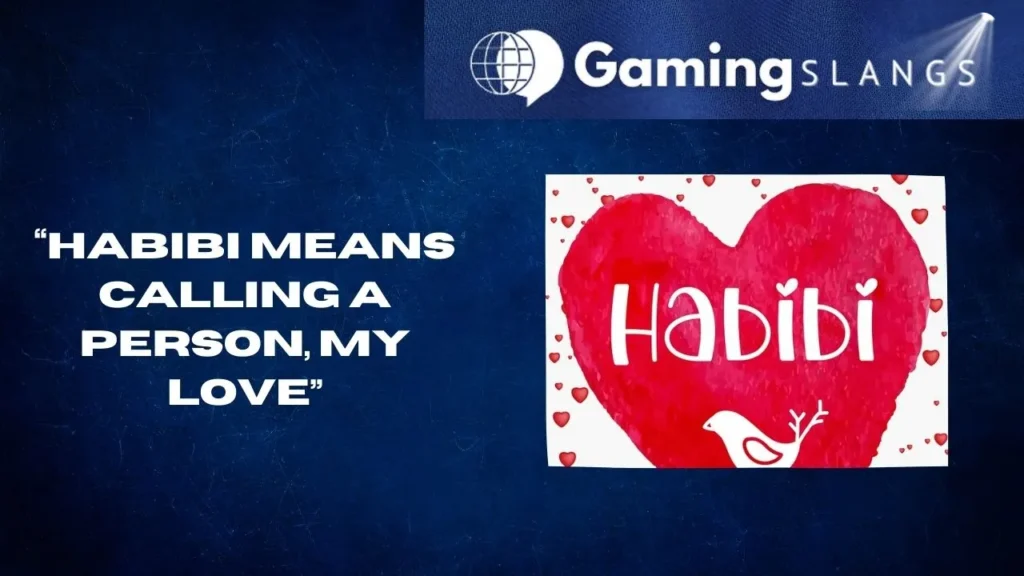
Pronunciation of Habibi
The pronunciation of Habibi is ha-bee-bee (حبيبي), with the emphasis on the second syllable. The “ha” sounds soft, the “bee” is pronounced like the buzzing of a bee, and the final “bee” mirrors the second syllable.
You can listen how to pronounce it correctly:
How to Use Habibi in a Sentence?
The word Habibi can be used to express love, affection, or friendliness in various contexts. It is versatile and widely used.
- “Habibi, let’s meet for coffee this evening.”
(Used to show closeness to a friend or loved one.) - “Good job, Habibi! I’m proud of you.”
(Expressing encouragement or affection towards someone.) - “Habibi, are you okay? You seem upset.”
(Showing care and concern for someone.) - “I miss you, Habibi. Come back soon.”
(Used romantically or for close friends to show longing.) - “Thanks for helping me, Habibi!”
(A casual way of expressing gratitude with affection.)
Check out other Slangs:
Similar Habibi Slang/Abbreviations
Arabic language has a lot of words to use to express love, and many terms similar to Habibi are commonly used. Examples include:
- Habibti (حبيبتي) – Feminine form of “Habibi,” meaning my beloved (used for females).
- Sentence: “Habibti, you’re the light of my life.”
(Used romantically or to express deep affection for a woman.)
- Sentence: “Habibti, you’re the light of my life.”
- Ya Amar (يا قمر) – Means my moon, a poetic way to call someone beautiful.
- Sentence: “Ya Amar, you look stunning in that dress.”
(Complimenting someone’s beauty.)
- Sentence: “Ya Amar, you look stunning in that dress.”
- Hayati (حياتي) – Means my life, expressing deep love and significance.
- Sentence: “You’re everything to me, Hayati.”
(Used romantically or to show someone’s importance.)
- Sentence: “You’re everything to me, Hayati.”
- Roohi (روحي) – Means my soul, showing intense closeness.
- Sentence: “Roohi, don’t ever leave me.”
(Used romantically or for a very close bond.)
- Sentence: “Roohi, don’t ever leave me.”
- Omri (عمري) – Means my life, similar to “darling” in English.
- Sentence: “Omri, let’s go watch the sunset together.”
(Used for a loved one or a close friend.)
- Sentence: “Omri, let’s go watch the sunset together.”
Memes Related to Habibi
The term “Habibi,” meaning “my beloved” in Arabic, has inspired various internet memes that humorously depict cultural expressions and scenarios. Here are five notable examples:
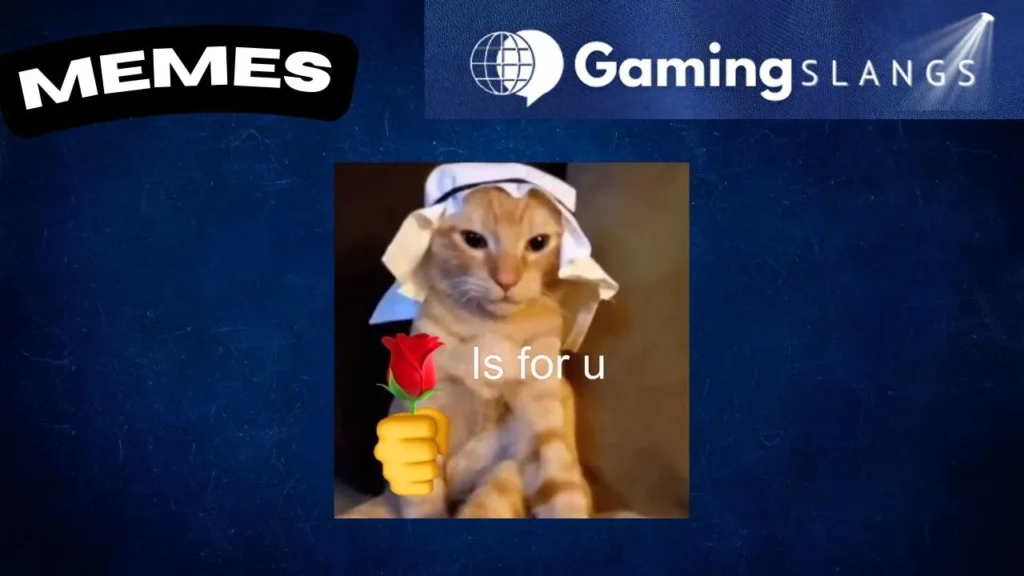
Habibi Cat Meme
This meme features a cat adorned with traditional Middle Eastern attire, accompanied by the caption “Is for u,” playfully merging cultural elements with internet humor.

Habibi Come to Dubai
Habibi Come to Dubai is a popular meme where individuals invite others to Dubai, using the term “Habibi” to emphasize hospitality and allure, often showcasing luxury and opulence associated with the city.

Drake’s Habibi Preference
Another popular meme humorously depicts preferences by showing Drake rejecting one option and approving another, with internet users replacing the choices with “Habibi” references.

Habibi Chess Meme
This meme portrays a chess piece, often a pawn reaching the board’s end, humorously captioned with “I have decided I am now Arab and can have more than one wife,” integrating “Habibi” into the jest.

